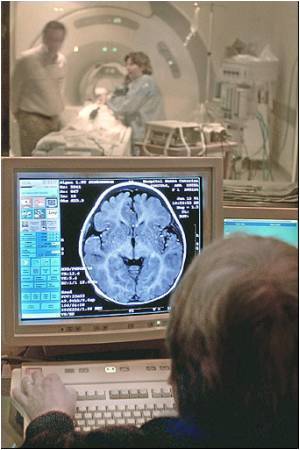Researchers have found that education not only delays the early symptoms of dementia, but can also slow down the development of the disease.

"This mechanism has previously been observed at a late stage of the disease, primarily in cases of Alzheimer's, which is a type of dementia," says Sindre Rolstad, researcher at the University of Gothenburg. "We wanted to investigate how education affected the disease in the early stages of dementia, known as mild cognitive impairment."
People with mild cognitive impairment can be affected by a reduction in their ability to think, such as reduced memory and a short attention span.
"We wanted to find out whether highly educated patients with mild cognitive impairment differed in terms of tolerance of the disease from patients with intermediate and low levels of education," says Rolstad.
By analysing the patients' spinal fluid, the researchers were able to examine whether there were signs of dementia in the brain.
"Highly educated patients with mild cognitive impairment who went on to develop dementia over the next two years had more signs of disease in their spinal fluid than those with intermediate and low levels of education," says Rolstad.
Advertisement
The researchers also studied patients with mild cognitive impairment who did not go on to develop dementia over the next two years.
Advertisement
Source-ANI









